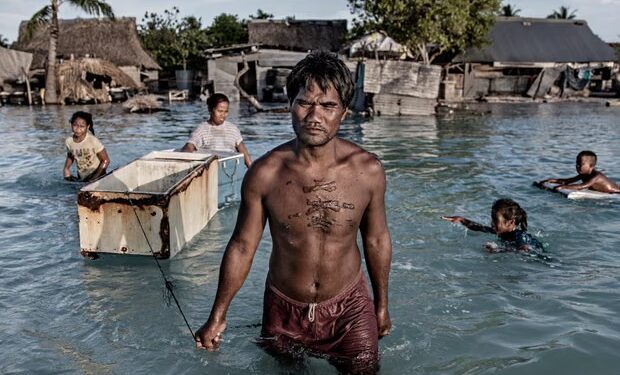The world has missed its chance to limit global warming to 1.5°C, United Nations Secretary-General António Guterres warned in an exclusive interview ahead of the Cop30 climate summit. He said the failure to meet the target will bring “devastating and irreversible consequences”, while urging world leaders to take urgent, transformative action to prevent an even greater catastrophe.
Irreversible threshold passed
Speaking ahead of the summit, to be held in Belém, Brazil, Guterres said that scientific data now shows global temperatures have consistently exceeded the 1.5°C threshold across multiple years. “We are out of time,” he said. “The era of half-measures and excuses is over. The damage is unfolding in real time, from flooded cities to burning forests and collapsing ecosystems.”
Guterres warned that the goal set under the 2015 Paris Agreement — to cap warming at 1.5°C above pre-industrial levels — is “no longer achievable”, but insisted that deep emissions cuts are still essential to avoid breaching 2°C, a level that would cause far more severe disruptions to food systems, water resources, and human health.
Call for global unity and accountability
The UN chief criticised what he called “climate hypocrisy” among the world’s largest emitters, accusing several G20 nations of continuing to expand fossil fuel production despite their pledges to phase it out. “Every new coal plant, every new oil well, is a death sentence for vulnerable communities,” he said. Guterres called on governments to adopt binding climate action plans that eliminate subsidies for fossil fuels and triple global renewable energy capacity by 2030.
Focus on Cop30 in Brazil
The upcoming Cop30 summit is seen as a defining moment for global climate policy, with Brazil positioning itself as a leader in forest preservation and renewable energy. Guterres said the conference must produce “a practical roadmap, not another declaration”, adding that wealthy nations have a moral duty to support the Global South through climate financing, technology transfers, and debt relief.
Brazilian officials have confirmed that the summit will emphasise Amazon protection and sustainable development, linking regional conservation to global climate stability.
Consequences already visible
The UN’s latest climate data reveals that the past 12 months were the hottest ever recorded, with extreme weather disasters affecting every continent. Rising sea levels, prolonged droughts, and intensified hurricanes are already displacing millions of people. Guterres warned that “we are witnessing a future that has arrived decades early” and said urgent adaptation strategies are now as vital as emissions reduction.
Hope through collective action
Despite the bleak outlook, Guterres expressed guarded optimism that “radical cooperation” between governments, businesses, and civil society could still determine the planet’s fate. “It is not too late to choose survival,” he said. “But the window for hope is narrowing by the day.”
Newshub Editorial in South America – 28 October 2025



Recent Comments